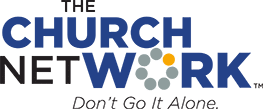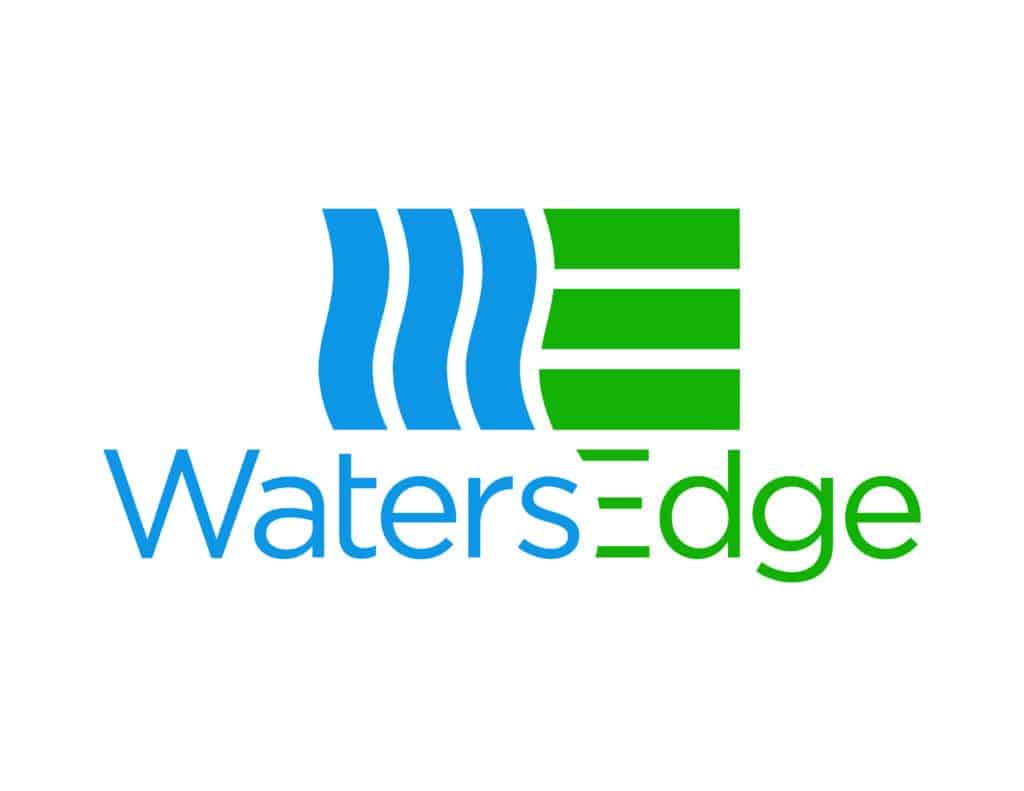By Nancy Master
More than ever before, churches are under intense pressure to pursue their mission with maximum efficiency – all while providing complete financial transparency to members, donors, and leadership – and technology can play a key role.
Whether the focus is accounting, reporting, planning, or transparency, church finance teams need a strong church accounting software foundation to improve efficiency, reduce costs, and increase operational visibility. And increasingly, churches find that the way to make that happen starts with moving to a cloud-based accounting and financial management solution.
The fact is, most churches and congregations already successfully use cloud technology and apps for noncritical tasks like email, project management, social media, and video conferencing. But despite understandable hesitation about moving to the cloud for critical functions like accounting and financial management, key advantages await churches, congregations, and faith-based ministries that make this crucial software transition.
In a recent survey, we spoke to church financial leaders about the reasons they’re moving their church accounting software to the cloud. Below are four reasons they cited:
1. Real-Time Visibility
Many churches are experiencing significant growth across multiple ministry entities in their organization. That means multiple programs, locations, funds, and reporting requirements. Unfortunately, they’re hampered by the inability to see key church metrics and outcomes. They’re unable to spot opportunities and mitigate financial and accounting trouble spots. Churches want to see the results of all their campuses, schools, foundations, missions, bookstores, online shops, and more.
With the right cloud-based church accounting software, churches and nonprofit institutions gain real-time visibility and insights for proactive management of accounting and finance issues like cash trends, revenue and expenses, program outcomes, and more. That makes them better, more responsive, more proactive stewards.
2. Greater Efficiency
Many churches start with simple single-computer instances of spreadsheets or simple bookkeeping software (think: Excel and QuickBooks). But as your organization grows, your needs can quickly outstrip these basic tools. Soon, you have dozens (maybe even hundreds) of spreadsheets for different entities. And then you find yourself wrestling with multiple formats and different charts of accounts.
You’re spending days and weeks aggregating, reconciling, and consolidating data to create timely, accurate, and insightful reporting to stakeholders who need and expect continual consolidations, drillable online reports, and role-based dashboards.
The situation is even more challenging when you consider the inefficiencies of other disconnected systems that automate other areas of the organization. But cloud-based church accounting software can tie together membership management, online giving, finance, tuition management, payroll, and more.
What’s more, the efficiency of cloud-based church accounting software means there’s no need to install, maintain, or upgrade software, reducing your dependence on scarce IT resources. When you’re moving to the cloud, you reduce your total cost of ownership (TCO) while freeing up time to focus on your organization’s mission. What’s more, you also reduce your risk because you can rely on enterprise-class security, backups, and disaster recovery – at a much lower cost than doing it yourself.
A cloud-based accounting infrastructure provides greater flexibility to the finance team. Whether you have staff working offsite, operate in multiple locations and entities, or have leadership members on the road, mobility and remote access are a requirement for efficiency and productivity.
The ability to share data – anytime, anywhere – greatly improves your efficiency by providing real-time insight so you can take smarter action sooner. With the mobility capabilities of cloud computing, your internal and external stakeholders have full access to metrics, approvals, and financial reports – regardless of location.
3. Privacy and Security
As your church’s reporting needs increase, so too do your requirements for privacy and the need to protect sensitive donor information. Many churches and nonprofit organizations mistakenly believe that on-premises software offers inherently more privacy and security because the hardware is physically located at the organization’s sites.
Unfortunately, that often means the server is tucked in a closet or stored in an unsecured part of the church facility. And few church employees have the IT and data security training, expertise, and focus required for best-practices management and maintenance.
However, major cloud providers have made extensive investments in deploying superior technology, processes, and initiatives to achieve extremely high levels of data security. Churches can benefit from levels of privacy and security that far exceed what on-premises solutions offer. That’s because cloud providers of church accounting software can support millions of users to create more secure environments that incorporate the latest standards and controls for physical access.
4. World-Class Infrastructure
Churches need a computing foundation they can rely on – everything from uptime to disaster recovery. As you contemplate a move to the cloud, be sure your infrastructure concerns are front and center:
* Verify the historical performance level of your prospective provider.
* Ensure you can get 24x7x365 real-time information on performance levels.
* Expect guaranteed performance at 99.8 percent or better.
Few things underscore how vulnerable your on-premise data can be than when you’re trying to restore data from thumb drives and personal computers. When you’re evaluating cloud providers, pay particular attention to security, backups, and maintenance practices:
* Following a major disaster, software is restored and running within an agreed-upon timeframe.
* Continuous local backups and streaming backups go to a remote disaster-recovery center.
* Your vendor maintains SSAE 16 SOC1 Type II audited processes and controls plus PCI DSS certification.
* There’s constant monitoring of software performance and responsiveness from around the world.
* Your vendor monitors and manages the system operations 24x7x365.
With increased accountability, a focus on outcomes, and heightened calls for donor transparency, it’s more important than ever for churches and ministry organizations to take advantage of the right software to support their missions. Cloud-based church accounting software is a great way to get there quickly.
Nancy Master is a senior nonprofit industry marketing manager at Sage Intacct, www.sageintacct.com. She is passionate about helping nonprofits achieve mission success and has more than 15 years of experience in software marketing.












